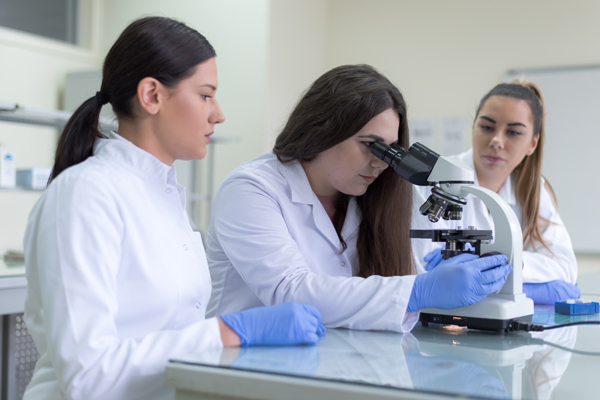Opiates are prescribed everyday legally and illegally and sometimes just purchased on the streets. They are meant to help aid people to function without pain due to an injury or surgery or perhaps a chronic illness. However, they are abused just as much or more than they are taken as prescribed. This has lead to the opioid addiction crisis that is destroying our communities for many years. Pharmaceutical companies have a big economic, revenue-based incentive to continue research and development into creating new opioid-based drugs for pain management. According to the National Institute on Drug Abuse (NIH), prescription opioid pain medicines such as OxyContin and Vicodin have effects similar to heroin. Research suggests that the misuse of these drugs may open the door to heroin use. Data from 2011 showed that an estimated 4 to 6 percent who misuse prescription opioids switch to heroin and about 80 percent of people who used heroin first misused prescription opioids. More recent data suggest that heroin is frequently the first opioid people use. In a study of those entering treatment for opioid use disorder, approximately one-third reported heroin as the first opioid they used regularly to get high. An opioid drug can fall into one of four classes:
- Endogenous: Opioid compounds produced in the body, such as endorphins
- Opium alkaloid: Drugs made with opium, including codeine and morphine
- Semi-synthetic: Opioids synthesized from opium, such as heroin and oxycodone
- Synthetic: Opiates created in a laboratory using chemical reactions, including fentanyl
There has been a war on drugs for a long time and there are preventative measures put in place to help with this crisis. In response to the opioid crisis, the U.S. Department of Health and Human Services (HHS) is focusing its efforts on five major priorities:
- Improving access to treatment and recovery services
- Promoting the use of overdose-reversing drugs
- Strengthening our understanding of the epidemic through better public health surveillance
- Providing support for cutting-edge research on pain and addiction
- Advancing better practices for pain management
Are New Opiates a Good or Bad Thing?
The discovery of new opiates is great for those who have already had been introduced to these drugs, but what about not letting that happen in the first place? There are alternatives to opiates for pain management that are much safer and also very effective. Unfortunately, in our world, there is always something new and more powerful than the last drug, leading to more addiction.
How Did Opiate Addiction Begin?
It started with opium and morphine, then moved to heroin, synthetic prescription drugs, and now fentanyl. Why is there always something new that causes addiction and death to people around the world? Do new opiates continue to be discovered? Yes, because they keep being manufactured. The opium poppy is no longer the starting point for many of the opiates on the street. The new drugs often sold mixed with heroin, originate in illicit labs in China. For the drug dealers, why would they wait for a field of poppies to grow and harvest if they can get their hands on the precursor chemicals and cook a batch of fentanyl in a lab?
What’s the Deal With Fentanyl?
It’s a felony to sell or use fentanyl without a prescription since the DEA classified it as a schedule II drug decades ago. However, until recently fentanyl was largely unregulated in China. Since then, underground Chinese labs began tweaking the fentanyl molecule, which is easy to alter for anyone with basic knowledge of chemistry and lab tools. By adding chemical groups, chemists have created new, unregulated variants, some of them even more potent than the original. There is always a new threat that appears. Traces of unidentified fentanyl always pop up in several batches from crime scenes where there are overdosed victims. There is always a hope that the new wave of drugs is less deadly than the last. Our brains are wired to make sure we will repeat life-sustaining activities by associating those activities with pleasure or reward. Whenever this reward circuit is activated, the brain remembers that something important is happening that needs to be remembered and teaches us to do it again and again, without thinking about it. Because drugs of abuse stimulate the same circuit, we learn to abuse drugs in the same way. This is what leads to dependency and addiction.
Get the Help You Need at Evoke Wellness at Cohasset
If you or a loved one are struggling with opiate addiction, Evoke Wellness at Cohasset can help. At Evoke Wellness Massachusetts, our primary goal is to make your treatment experience as comfortable and rewarding as possible. That’s why our team consists of licensed addiction professionals with decades of experience in the field. We are available around the clock to answer any of your questions, comments, and concerns. Choose the path to rebuilding your life, and put the misery of addiction behind you.




